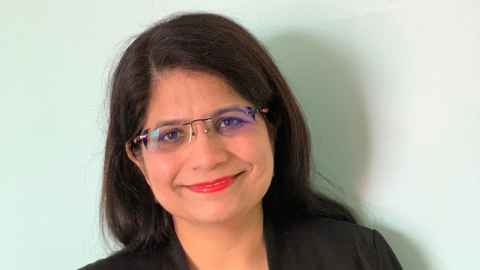Connected health: remote health monitoring with wearable devices

The healthcare industry has always been at the forefront of adopting new technologies to advance care delivery models. Information and Communication Technologies have evolved in healthcare from deploying IT enterprise systems to implementing Electronic Health Records to using telehealth sensor devices such as blood pressure and blood glucose monitors. Today, people demand access to digitally enabled care environments as they are accustomed to digital technologies in almost every aspect of their lives. They use various devices and technologies, including wearables, social networks and mobile applications, to track health and wellness. People do not want to wait to get sick before they can use healthcare services. They are motivated to take control of their health and value self-determination to achieve health goals.
Being empowered with access to their health information creates opportunities for personalisation, greater connectivity, and engagement with healthcare providers. Furthermore, integrating data from formalised health records with the large and growing health data emerging from consumer wearable devices and applications can be used to predict and mitigate future health risks.
With the quantum jump in the availability and use of wearable devices, coupled with the efforts of governments and societies to promote fitness amongst citizens, the health paradigm is on the cusp of a change. Wearable technology in the form of smartwatches and activity trackers can enable cost-effective and innovative opportunities for remote and often real-time monitoring of health. Thus, by leveraging this technology, healthcare providers can access user-generated wearable data in addition to electronic health records, giving them a holistic view of people's health. This will enable targeted, personalised, and prioritised care delivery, which can be tracked and tailored to people's health parameters.
With wearable devices to capture health metrics and the bandwidth for data exchange and health analytics supported by machine learning and AI models, the time is ripe for transformation. Instead of people approaching doctors for reactive treatment, healthcare providers will reach out with proactive treatments whenever a health anomaly is encountered.
However, significant challenges, including data privacy, interoperability, people's involvement in using smart devices as prevention tools and storage, need to be tackled to implement connected health systems successfully.
In my PhD research, I will first examine the factors influencing the use of wearable devices and subsequent engagement in protective health behaviour. Next, it is essential to assess people's privacy concerns around sharing wearable data with healthcare providers. After understanding some perceptions about using wearable technology and data sharing intentions with healthcare providers, this research aims to develop and evaluate a prototype of a remote health monitoring application with adaptive and customised prescription of medical checks to shift the focus from treating sickness to maintaining wellness and good health.
Ruhi Bajaj is a PhD student at the University of Auckland Business School's Department of Information Systems and Operations Management.